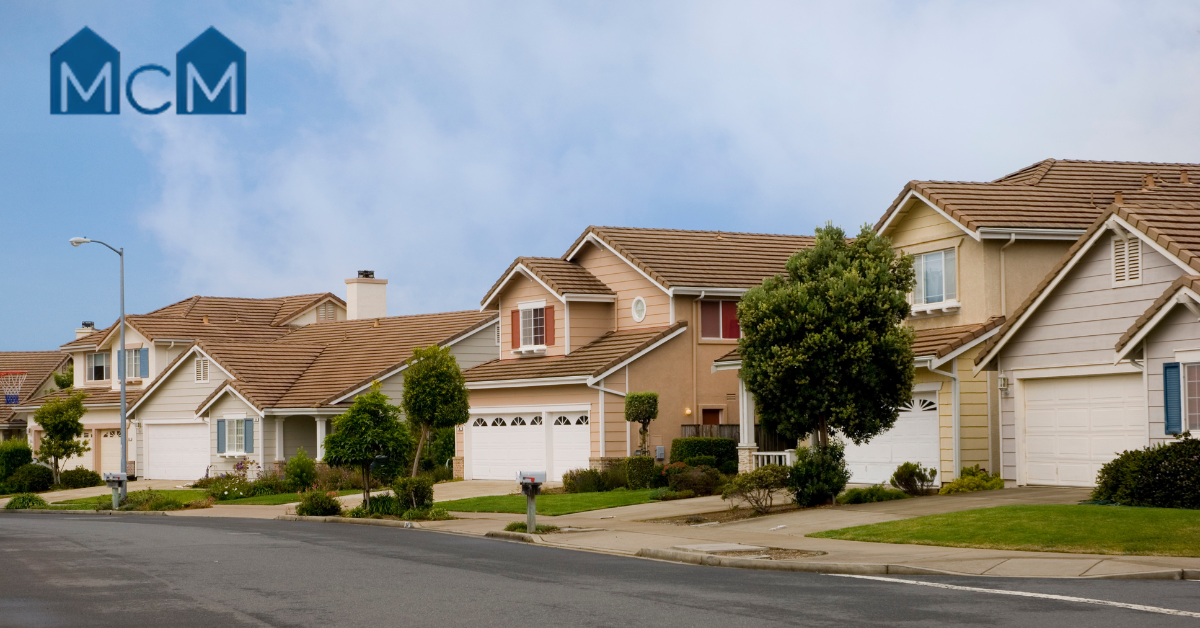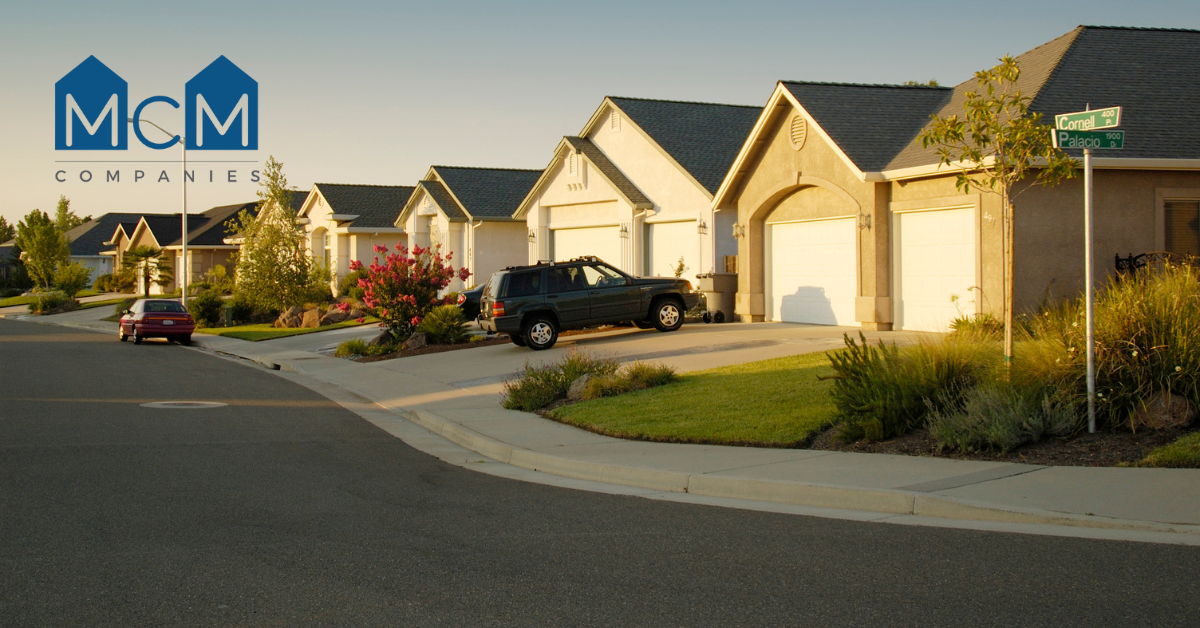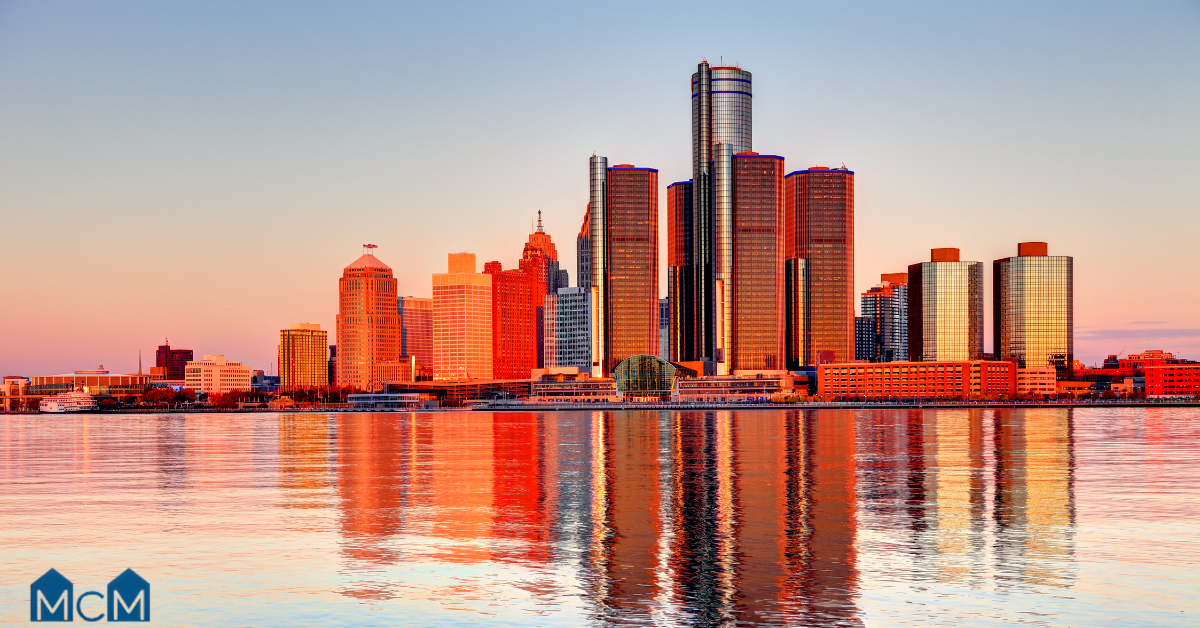Exploring the Risks of Buying a Manufactured Home: Understanding Past and Present


A Historical Perspective on Manufactured Housing
The journey of manufactured homes in the United States is a testament to innovation and resilience. Over the past few decades, these homes have transformed from basic "mobile homes" to sophisticated, affordable housing options. According to the National Housing Institute, more than 22 million people now enjoy the benefits of living in manufactured homes, highlighting a significant shift in housing preferences.
Early manufactured homes, perceived initially as low-cost, temporary solutions, often faced skepticism regarding their durability and design. However, as demand increased, so did the efforts to enhance their quality and appeal. This evolution was not just about aesthetics; it was driven by a need to meet growing consumer expectations and stricter regulatory standards.
Technological and Regulatory Milestones
One pivotal change in the manufactured home industry was the adoption of the HUD Code in 1976. This set of federal standards revolutionized how these homes were built, ensuring they met specific safety, construction, and efficiency criteria. The introduction of the HUD Code marked the beginning of a new era, transitioning from the era of mobile homes to today’s manufactured homes, which are built in factories and then transported to sites.
This shift was crucial in mitigating many initial risks associated with manufactured housing, such as structural integrity and longevity issues. Modern manufactured homes now feature materials and construction techniques that rival traditional site-built houses. Innovations in manufacturing technology have also introduced energy-efficient features, improving living conditions, and contributing to home sustainability.
The advancements have not stopped at construction. Regulatory changes over the years have continuously improved living standards. These regulations ensure that today’s manufactured homes are more reliable and better integrated into community planning and development, reducing the risks related to zoning and permanence that early buyers faced.
Overcoming Financial Hurdles to Your Manufactured Home Purchase
Manufactured homes are often celebrated for their affordability compared to traditional site-built homes. This affordability can be particularly appealing in an era whene housing prices continue to escalate. However, prospective buyers must navigate several financial risks that come with purchasing a manufactured home.
Navigating Depreciation and Financing Challenges
One of the most significant financial concerns is the potential for depreciation. Unlike traditional homes, which typically appreciate over time, manufactured homes can depreciate, especially if they are not permanently affixed to owned land. To mitigate this risk, buyers should consider investing in a foundation that qualifies the home as real property, which can help stabilize its value.
Financing a manufactured home can also be more complex than financing a traditional home. Interest rates may be higher, and loan terms can be less favorable. Buyers should thoroughly research and compare financing options, looking for loans tailored explicitly for manufactured homes, such as those offered through FHA-insured programs, which often provide more favorable terms.
Hidden Costs in Manufactured Home Communities
Living in a manufactured home community can come with additional expenses that aren't immediately obvious. These include site rental fees, maintenance costs, and utility hook-up fees. Potential buyers should fully understand these costs upfront and weigh them against the many benefits of communal living — such as shared amenities, ease of zoning and planning permission, etc. Visiting various communities, discussing fees with management, and reading community guidelines can provide clarity, help avoid unexpected financial burdens, and ensure you find a site that ticks all the boxes for your dream home.
Navigating Legal Risks and Ensuring Land Ownership
A critical yet often overlooked aspect is land ownership beneath the manufactured home. Without owning the land, homeowners face increased risks related to control and stability of their living situation.
Securing Land Ownership
Purchasing the site of your manufactured home can significantly reduce risks, providing more control and potentially increasing the home's value over time. If buying land is not an option, it's crucial to understand the lease terms for the land, ensuring they are long-term and renewable.
Addressing Zoning and Placement Risks
Zoning laws can significantly affect where manufactured homes can be placed. Potential buyers should investigate local zoning regulations to ensure they can put their home in the desired location. Engaging with local planning offices can also provide insights into future zoning changes that might affect your investment.
Addressing Quality, Community, and Stigma in Manufactured Home Ownership
Despite significant advancements in manufacturing processes, concerns about the quality and durability of manufactured homes persist among potential buyers. These homes must adhere to the HUD Code, which ensures safety and construction standards, but perceptions of inferior quality compared to traditional homes can still be a deterrent.
Ensuring High Quality and Durability in Your Manufactured Home
To mitigate quality concerns, buyers should perform thorough inspections similar to those done before purchasing a traditional home. Seeking homes with additional certifications for weather resistance or energy efficiency can also assure buyers of higher quality standards. For extra peace of mind, engage with reputable manufacturers known for their commitment to quality.
Risks of Buying a Manufactured Home: Key Considerations Before Investing
Reviewing the risks of purchasing a manufactured home, we've discussed historical advancements and current challenges. The journey toward homeownership in this sector is not without hurdles, but with the right knowledge and approach, you can manage each challenge that comes your way.
Recap of the Key Risks and How to Mitigate Them
- Financial Risks: Potential buyers should know about issues like depreciation and financing complexity. Consider securing loans designed for manufactured homes and possibly purchasing the land to increase the home’s stability and value.
- Legal Risks: Understanding zoning laws and land ownership is essential. Buyers should ensure clear terms if leasing land and remain proactive in community legal matters.
- Quality and Durability: Inspections and certifications can help assure the quality of a manufactured home. Opting for homes built by reputable manufacturers can be a further step toward reliable, long-lasting structures.
- Community Dynamics: Potential residents should thoroughly investigate the community’s amenities, fees, and management, which are significant in their overall satisfaction with their living environment.
Conquer the Risks of Buying a Manufactured Home with Expert Guidance
The decision to purchase a manufactured home can surprise you with unexpected challenges and bureaucracy, but you don't have to navigate these complexities alone. By arming yourself with diligent research and partnering with trusted industry leaders like MCM Communities, you can significantly reduce the risks associated with your investment. Engaging with professionals who offer tailored advice and support can align your housing choices with your lifestyle and values, ensuring a smarter and more secure investment.
Ready to learn more? Schedule your free financing consultation with MCM Communities to access a wealth of resources that can support your journey.
.svg)





